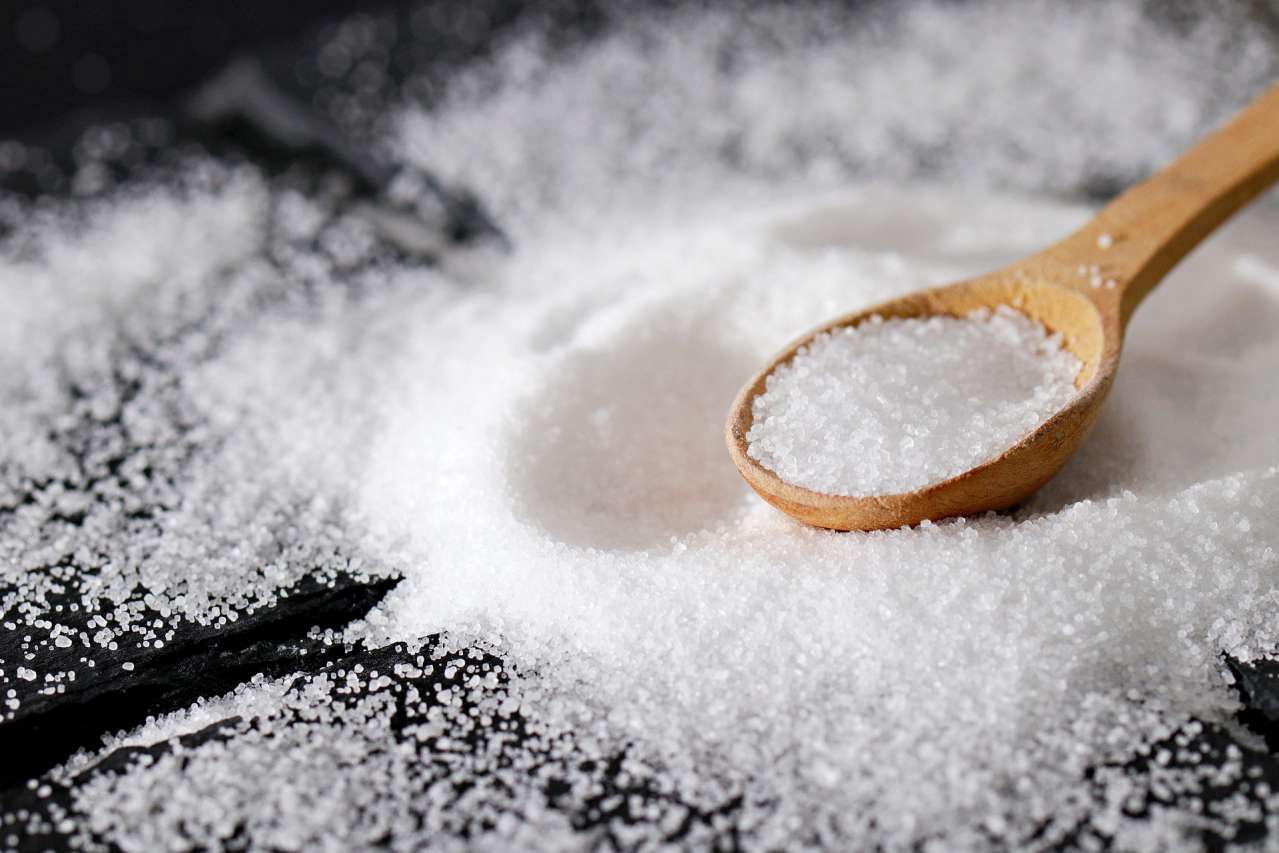Salt improves and accelerates the passage of nerve impulses and helps maintain the balance of the nervous system.
With its lack, a depressed state of mind, depression, depression occur, and the innervation of the body worsens.
On the other hand, the lack of salt negatively affects the endocrine system.
What is harmful to a large amount of salt in the diet
When you eat foods high in salt, your body stores that extra sodium and then tries to dilute it with water, causing you to retain water.
The main risk is an increase in blood pressure (risk of vascular accidents). From an excess of salt, diseases of the liver and kidneys, atherosclerosis can form.

Also, a large amount of sodium leads to leaching of calcium. This threatens to soften the bones and teeth.
Its excess can lead to edema, cause increased pressure, headache - due to narrowing of blood vessels and capillaries.
Oversalting also affects the appearance - hair and nails become brittle, skin - dry and pale.
How much salt a day is not harmful
The maximum safe amount of salt is 4 grams per day for an adult.
If we turn to statistics, then on average women eat almost 10 g of salt daily, and men - up to 15 g.
How to remove a lot of salt from the body
Drinking enough water helps flush out excess salts from the body. It is recommended to drink at least 8 glasses of water throughout the day.
It is also helpful to consume low-fat liquids, such as low-fat milk and low-fat soups, which will help hydrate the body and speed up the excretion of salts.









